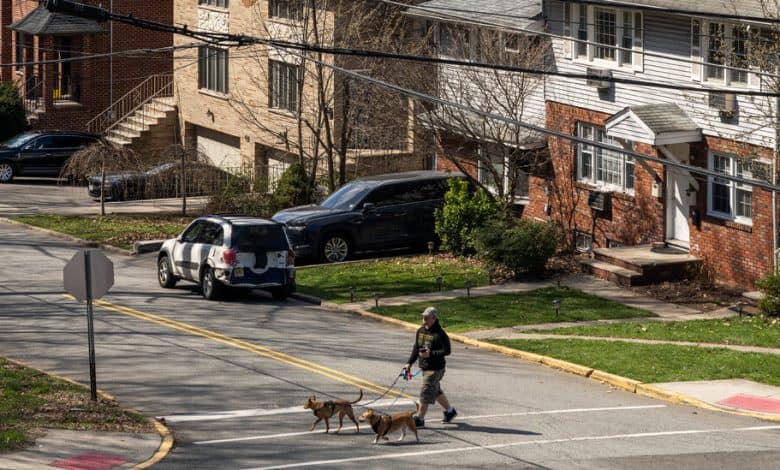How to Solve the Housing Crisis? Multiply by Two.

A potential remedy for New York’s housing crisis — and the similar crises in other coastal cities — is on display in this small New Jersey town two miles west of the George Washington Bridge.
Palisades Park is one of the few places in the New York metropolitan area where it is legal to replace a single-family home with something other than another single-family home. Over the last few decades, developers have bulldozed many of the old houses and replaced them with bigger, fancier duplexes.
There have been some growing pains, but many more people are now able to live in Palisades Park. Since 1990, the population has increased by 40 percent. The main street has revived and flourished, becoming a destination for Korean food. And the growth has allowed Palisades Park to reduce its tax rates.
One of the most important causes of the region’s housing crisis is the dearth of construction in communities around New York City, where most residential land is reserved exclusively for single-family homes. It is illegal to build more housing on that land, and so it has become impossible to provide enough.
The homes get larger, and the prices go up, but the number of residents does not increase.
Opponents of allowing more homes in suburban communities have sought to scare voters — so far, quite successfully — by insisting any changes in building rules will end in skyscrapers. Last year, after New York’s governor, Kathy Hochul, proposed some minor leniencies to allow a little more housing construction, one Long Island politician said the plan would “turn Nassau County into New York City.”
Palisades Park shows that a little more density can deliver big benefits. A quirk in the town’s zoning code, which dates back to 1939, allows two homes on most residential lots — but no more than two. The reasons for that unusual provision are lost to history, and for a long time it didn’t really matter. But in the 1980s, Korean immigrants began moving to the area, and as demand increased, developers discovered that they could turn a single house into two homes.
